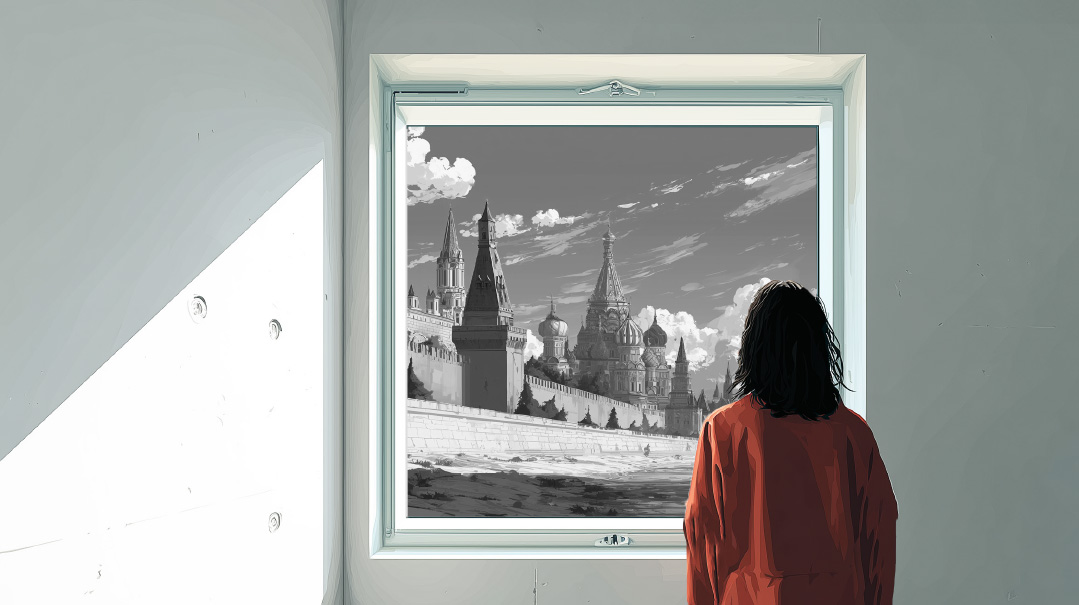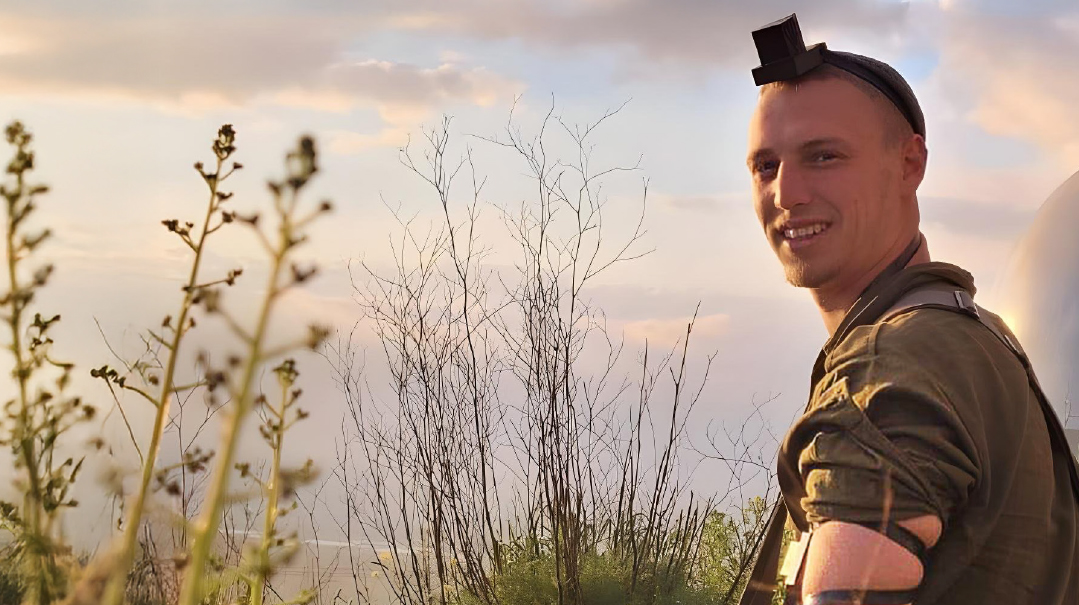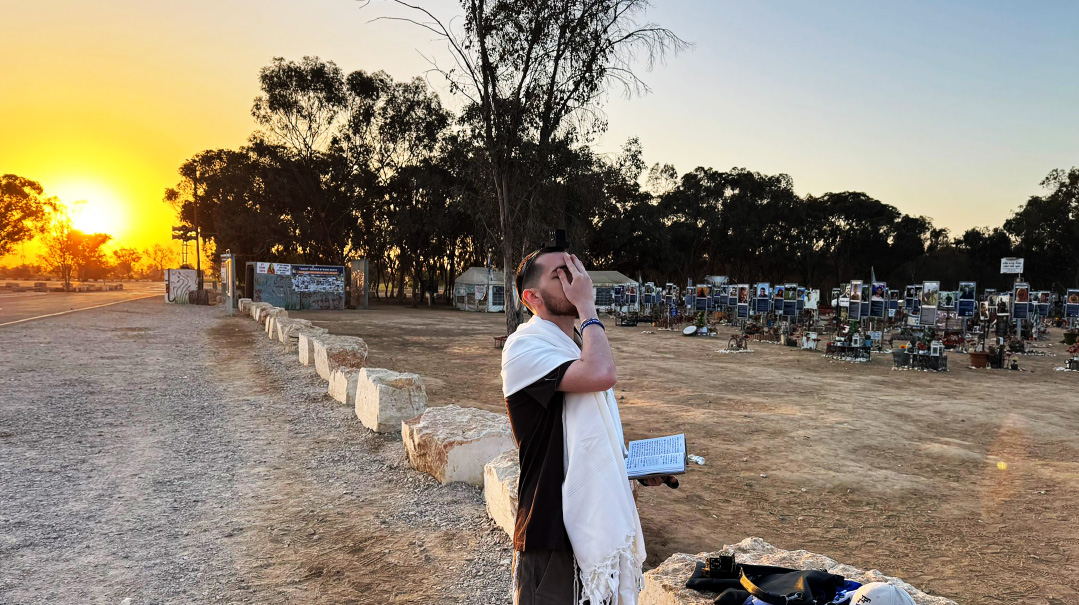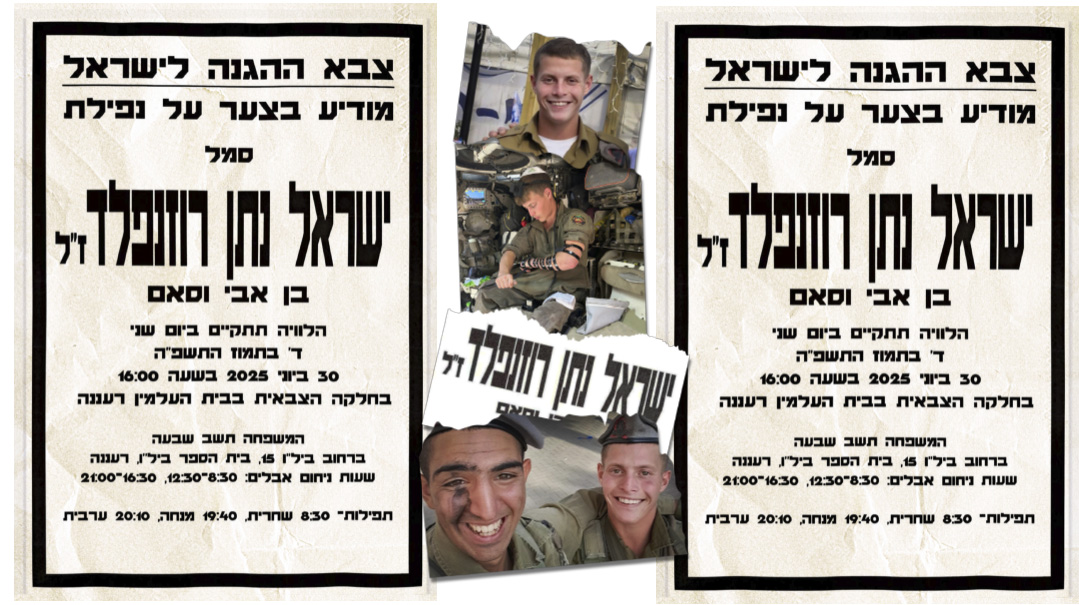The Other Side of I Can’t
| June 24, 2025I thought I wasn’t cut out for coping with war. Then I remembered where I come from

I
t’s the middle of the night, and I can’t sleep.
Last night, no one in my family heard the blaring sirens — not my husband, not my children, not even me, the one who wakes up from the smallest squeak the kids make.
Thankfully, there were no falls in our area, but tonight, I can’t relax into sleep, more out of a sense of responsibility than real fear.
My husband and I put the kids to sleep in the safe room. I ask my father — who’s in Tzfas — to call me if he hears sirens. But still, I can’t sleep.
I sigh. Tomorrow night, maybe we’ll put a mattress in the safe room for me. That’ll probably be the only way I can get some slumber.
There are no sirens in my corner of Yerushalayim as I lie awake on the couch. But I see the warnings on the news that missiles are coming… and then…
BOOM! BOOM! BOOM!
The building is shaking! The building is shaking!
I’m from America. I’m not used to war. This couldn’t — shouldn’t — be happening to me.
I moved to Yerushalayim a year before October 7, so I’ve already lived through sirens and the previous missile attacks from Iran. Terms like mamad and azakah have become part of my vocabulary.
But this? This is next-level, feeling the ground shake, hearing of casualties, of people trapped under buildings.
I call my sister in Tel Aviv to make sure she’s okay.
For someone raised in the American cocoon of comfort, this reality feels like a shoe that doesn’t fit. It rubs in all the wrong places, drawing blood.
Now, there was 9/11. I was in fourth grade, and I remember staying up the whole night watching my bedroom door, terrified it would be invaded by terrorists. (I gave up that endeavor the next night….) But other than that one day — and I was in Ohio, not New York — the fighting wasn’t on American soil. I don’t even remember missing a day of school because of it.
What I’m trying to say is: I can’t do this. I’m not made of the right stuff.
And then I think about my Great-Great-Grandfather Michel, who was thrown into a Soviet prison by Stalin — all because his wife cried when she saw a line of prisoners being led to their deaths. (A high-ranking acquaintance managed to get him out.)
What about my great-grandmother, who escaped from Ukraine to Uzbekistan at the start of World War II? During a rest stop on the train, she got left behind in a forest. She came out just as the train was pulling away. Her only hope was to crawl underneath the long, fast-moving train to reach the door on the other side. Her father jumped off the train to help her — and they did it. Together.
Even more horrifying is the fact that all their cousins, aunts, uncles, and friends who stayed behind in Ukraine were brutally murdered.
Then, far less of a travail, but nevertheless difficult, what about my grandparents, who experienced open discrimination in the Soviet Union because they were Jewish? My grandfather once went to a job interview. They were thrilled to hire him — until they saw his documentation. “Ivrei,” it said. Jewish. Suddenly, they weren’t interested anymore.
And my parents — together with my grandparents — who left everything behind once the Iron Curtain was lifted, took on Jewish observance, moving to America when I was just four months old… stepping into a new reality on the other side of the world where freedom, comfort, and opportunity beckoned.
And now here I am — on the other side of the world, placing myself and my family once again in the direct line of hate.
The booms subside. It’s quiet outside.
And I realize: I’m not doing anything new here. There’s a part of me that’s strong. It’s in my blood.
There’s also this other part — the part shaped by my American upbringing, comfort-prone, that whispers, “I can’t.” And that part wonders: Is there a way to achieve safety without sacrifice? Peace without pain?
I don’t know.
But I do know this: I come from people who ran under trains, who crossed oceans, who stared down hate — and then later defied everything Communism had taught them by putting their faith in a Higher Power.
On the other side of every “I can’t” is an “I can.”
Now it’s my turn to stand in the shadows of history’s trials and choose faith. And maybe that’s the most powerful “I can” of all — ironically bringing me more tranquility than any American comfort.
Tonight, I’ll go to sleep soundly in the bomb shelter. Not because the world is safe, but because I know where my strength comes from.
(Originally featured in Family First, Issue 949)
Oops! We could not locate your form.







